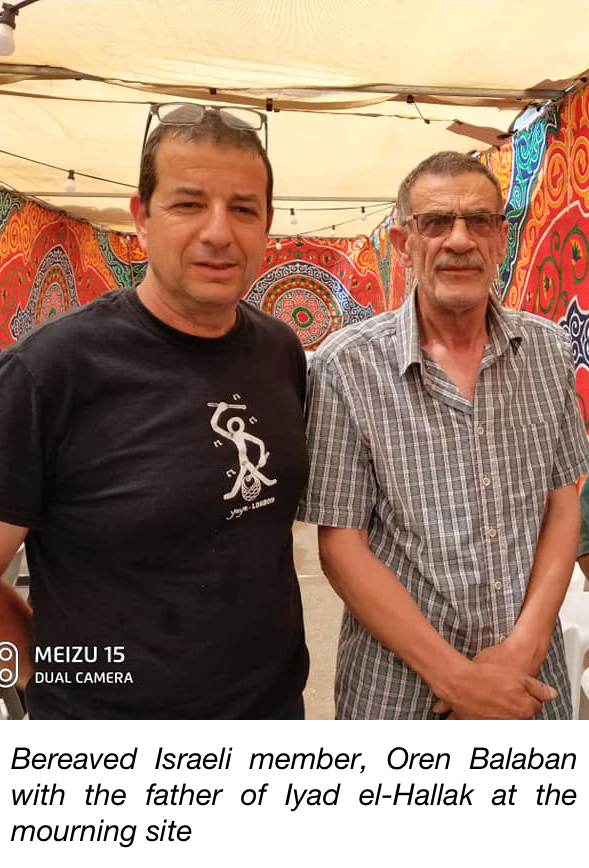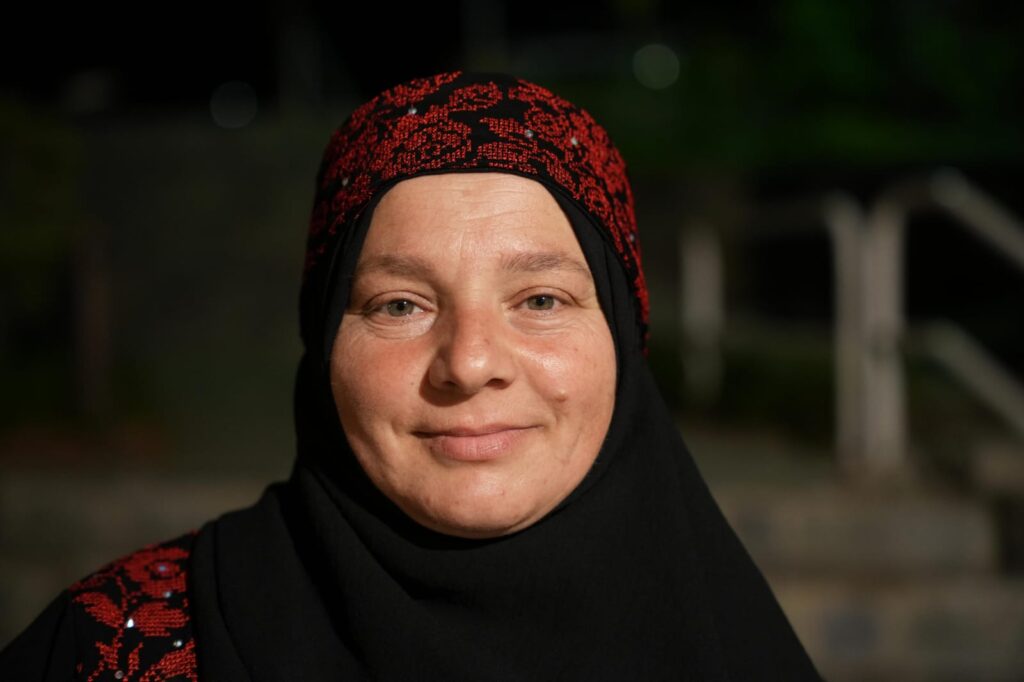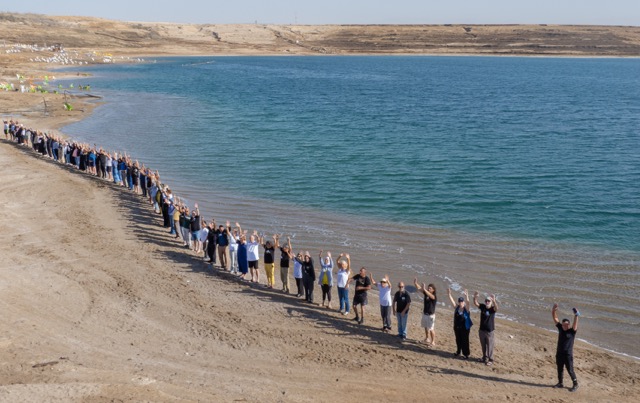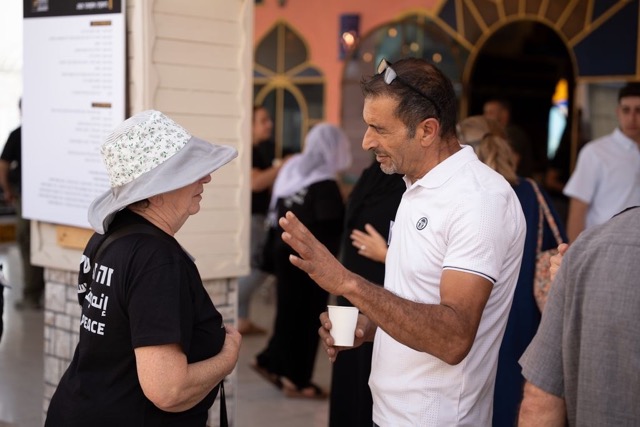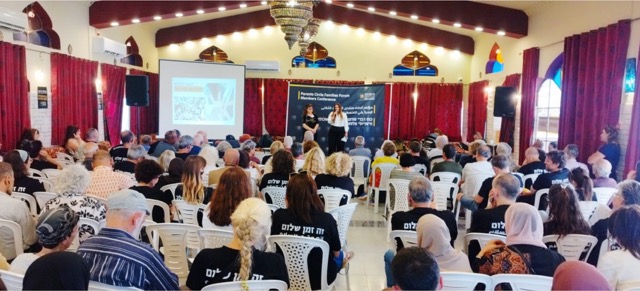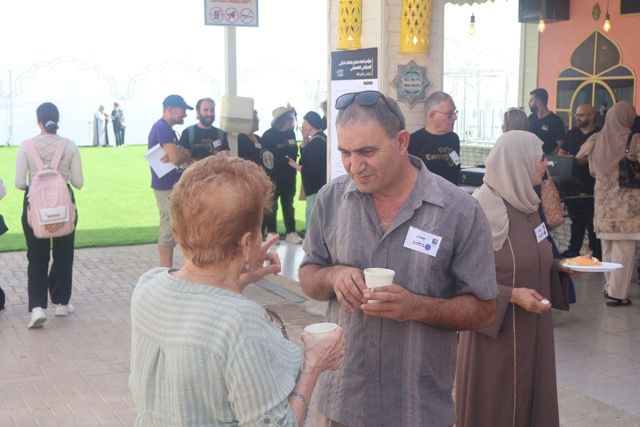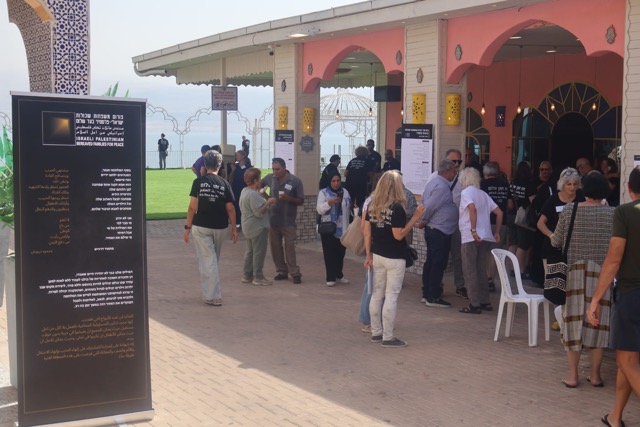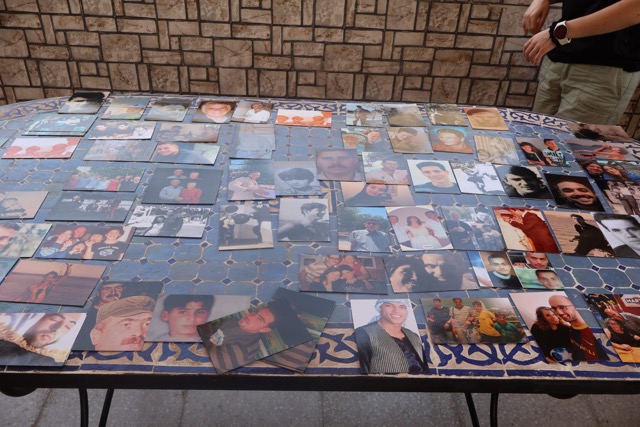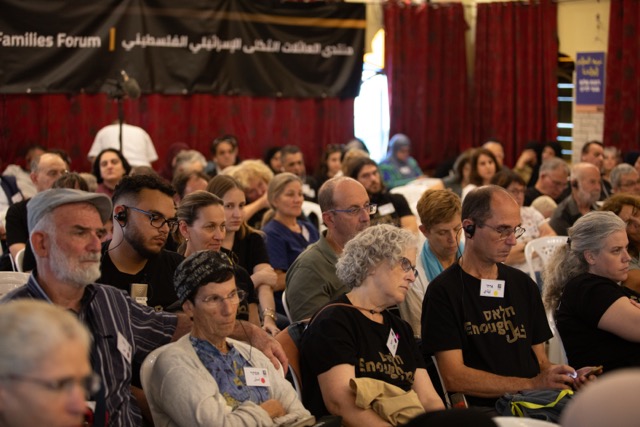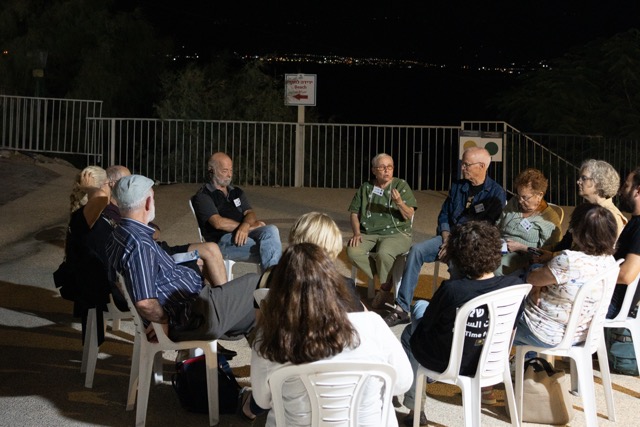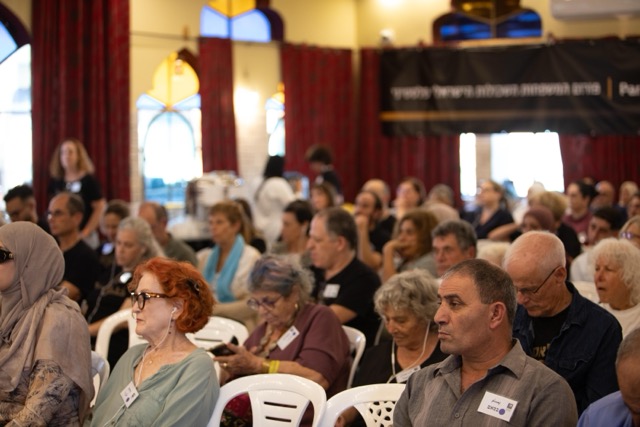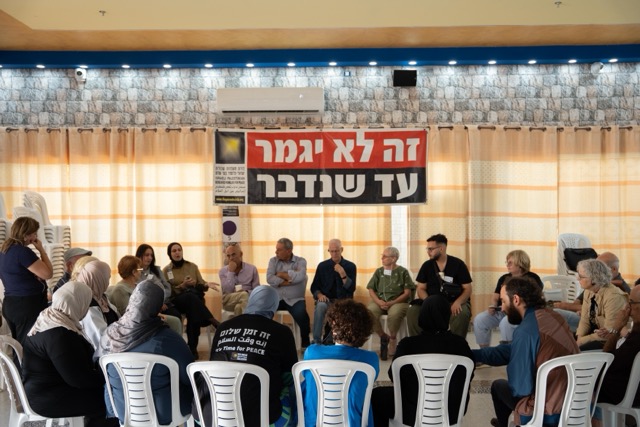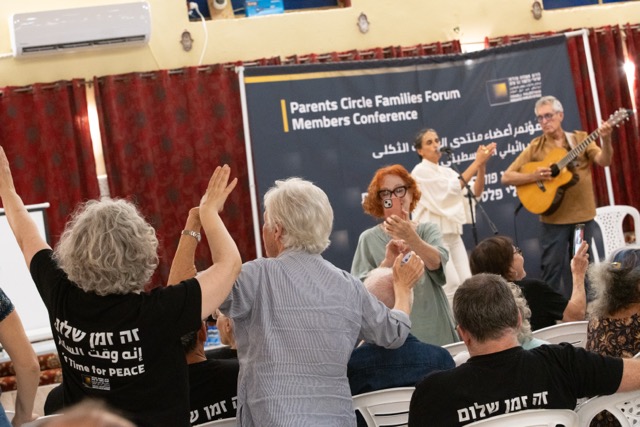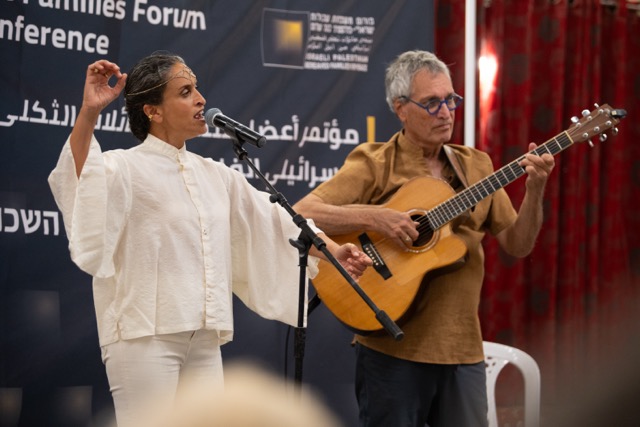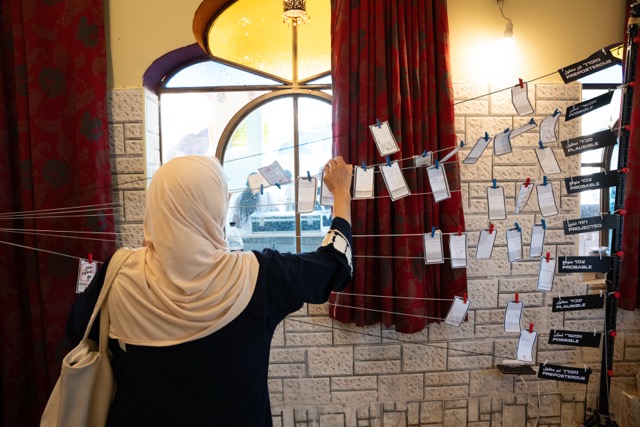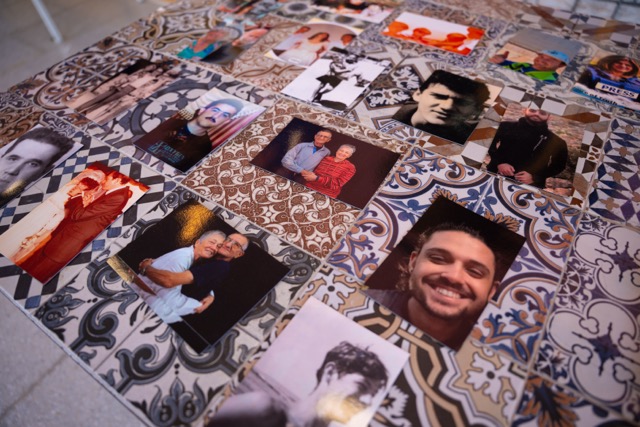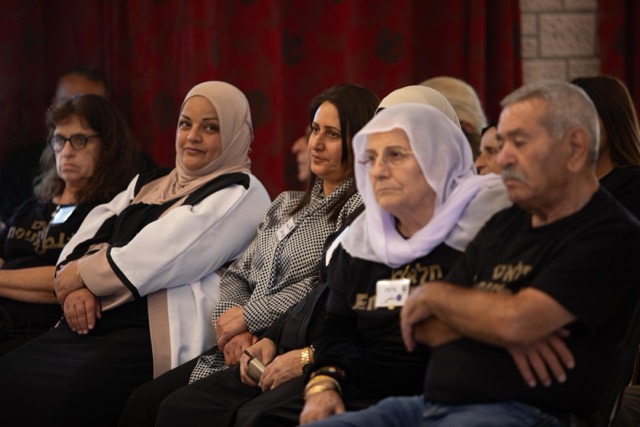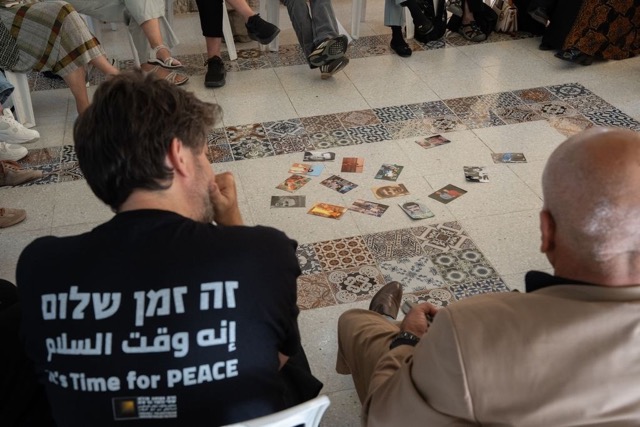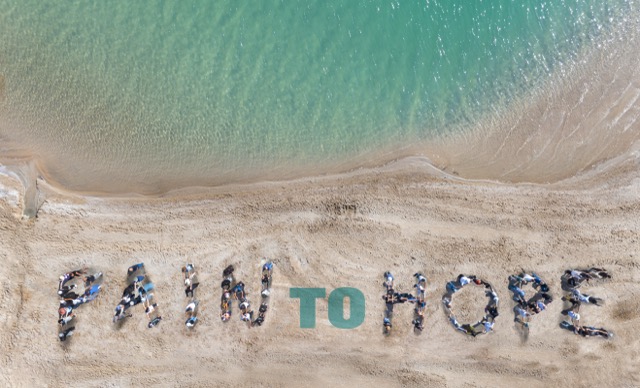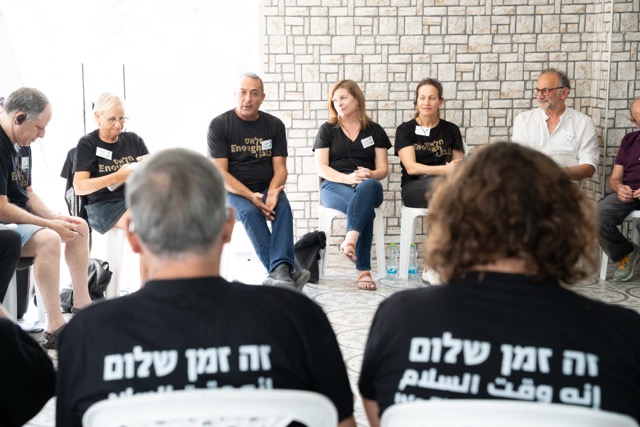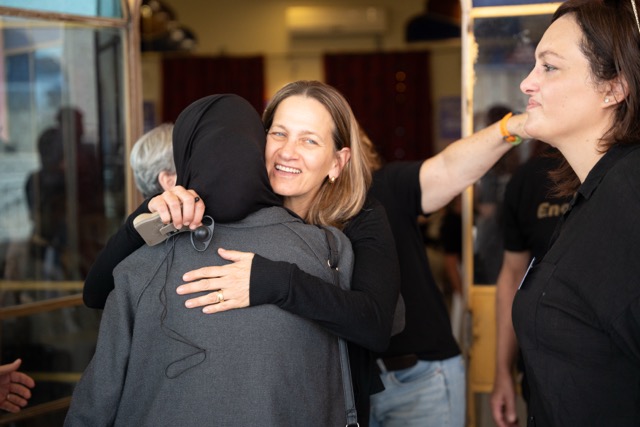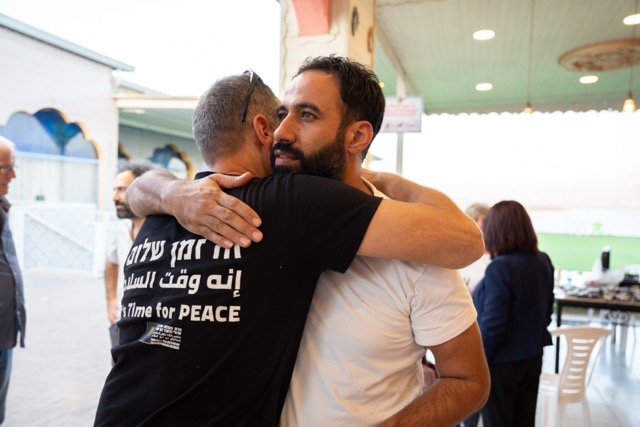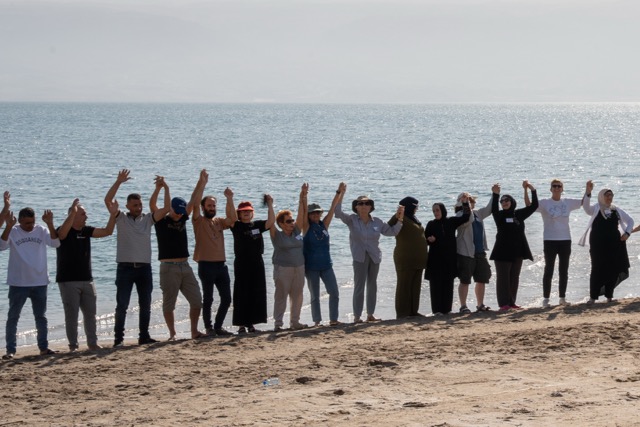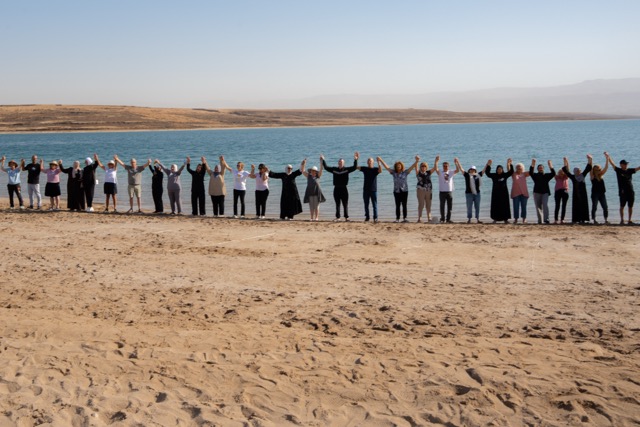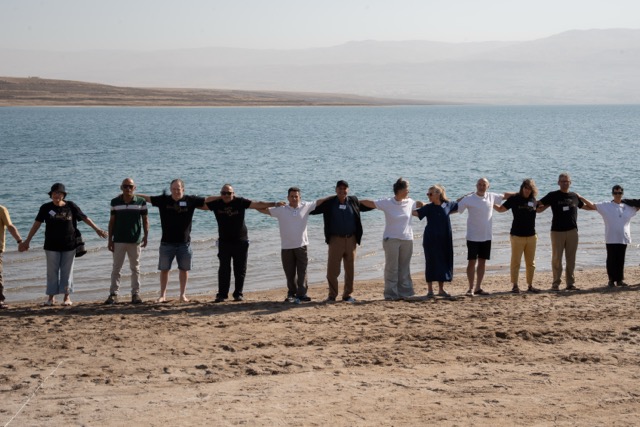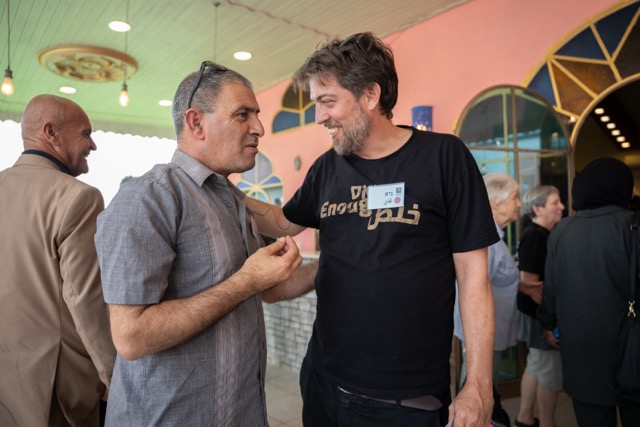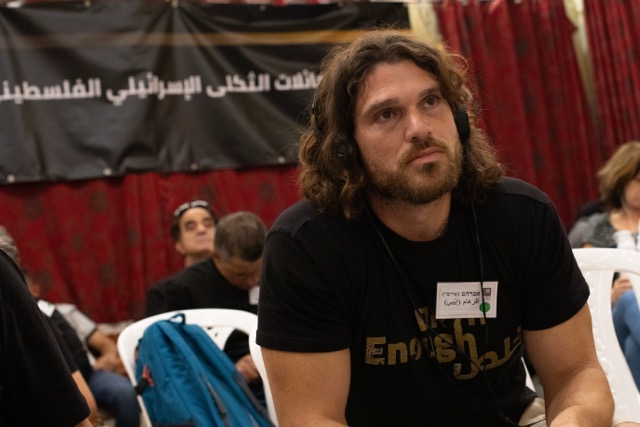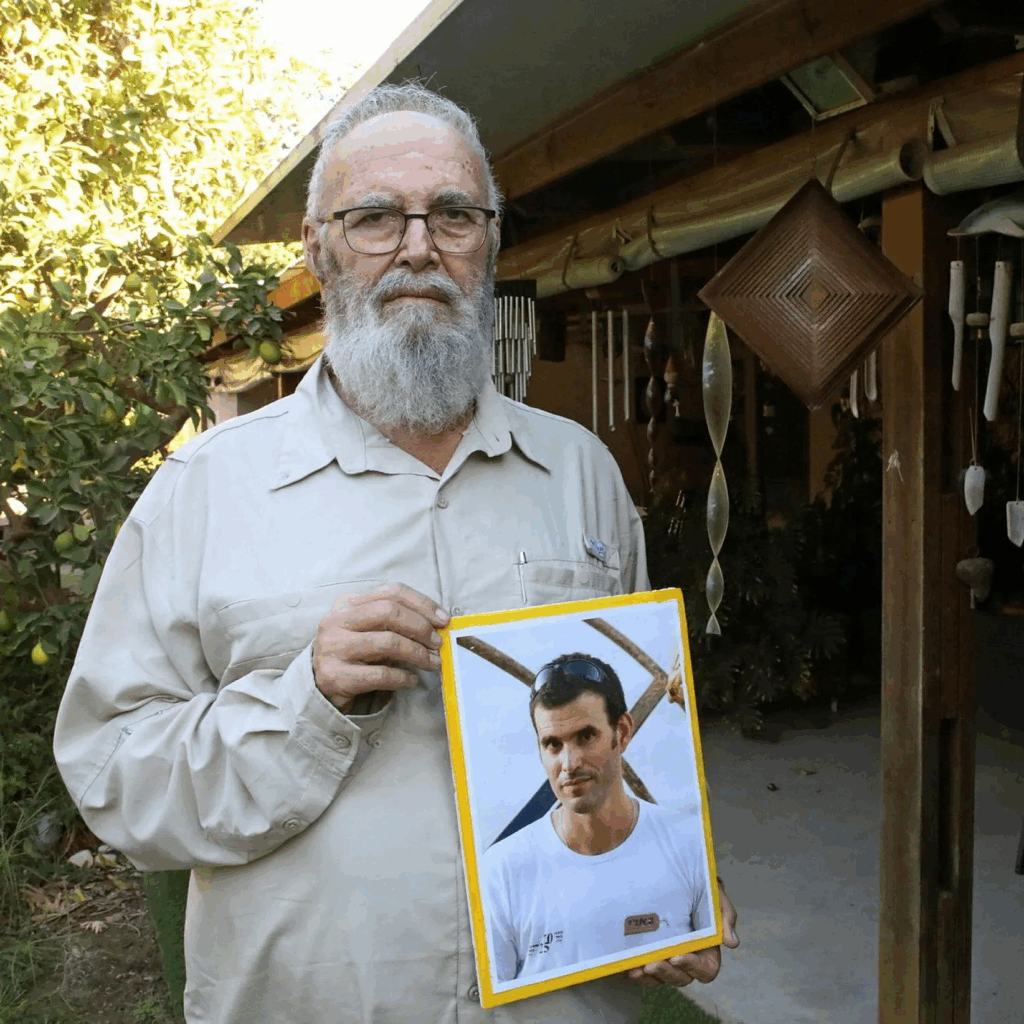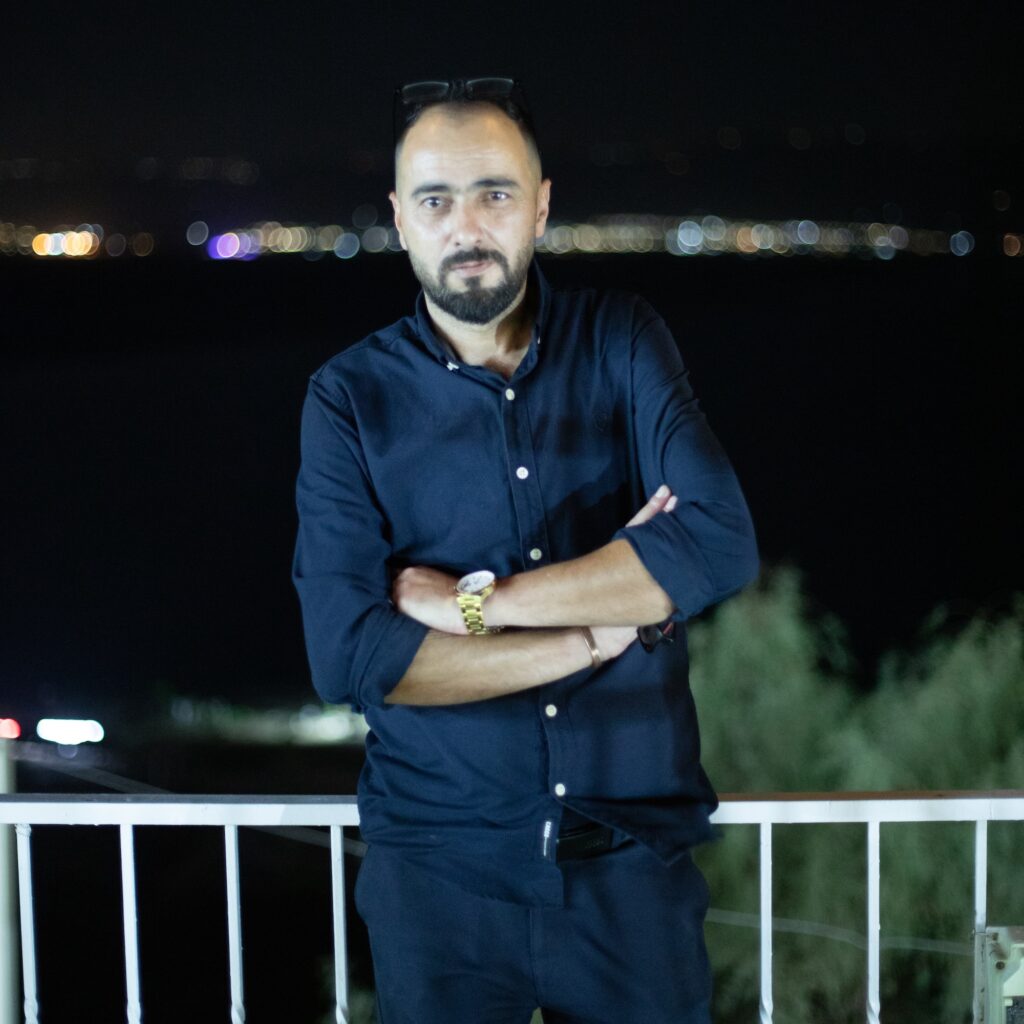Two murders this week. Different cultures and different worlds. And yet the pain generated by both unites us all. The murders of African-American, George Floyd and Palestinian, Iyad el-Hallak, while thousands of miles away from each other, are the result of the same societal sickness: dehumanization.
The bereaved members of the Parents Circle know this sickness all too well. Like the Floyd family, they have lost loved ones to dehumanization and its cycle of violence. They know the initial rage. And they know the unfillable void caused by their loss. Against all odds, these members are working together to end more senseless deaths. That is the work of the Parents Circle.
 This week in Jerusalem, Israeli Parents Circle members comforted the grieving el-Hallak family who had just lost their autistic son, Iyad, shot by the Israeli border police. The Israeli members were received warmly by Iyad’s father and uncle, who shared stories about Iyad and about the tragedy that ended his life. And, in this small outreach, the Parents Circle members showed this family that there is humanity in this group that sees them as human.
This week in Jerusalem, Israeli Parents Circle members comforted the grieving el-Hallak family who had just lost their autistic son, Iyad, shot by the Israeli border police. The Israeli members were received warmly by Iyad’s father and uncle, who shared stories about Iyad and about the tragedy that ended his life. And, in this small outreach, the Parents Circle members showed this family that there is humanity in this group that sees them as human.
As Americans and as the American Friends of the Parents Circle, we know the terrible price our bereaved members have paid. And we are proud to support the incredible and important work they do. We also stand by the Floyd family who, in their grief this week, have nonetheless spoken eloquently about their loss and their desire that there be no more bloodshed.
Dehumanization knows no boundaries, no skin color, or religion. It will only stop if the people want it to. Turning a blind eye to policies like annexation or systemic racism will only lead to more death. Expecting politicians to do the right thing on our behalf will only happen if we demand change. As Americans, we cannot be complicit in any more bloodshed in the U.S or in Israel and Palestine.
Help us to continue to bridge divides and demand justice. Share this message with your networks so that more people will understand how powerful a weapon humanity is against hate.
Iyad el-Hallak had special needs. He needed to be supervised closely. He needed help with day-to-day tasks. Iyad’s family and community tended to all of his special needs with devotion and love. But Iyad also had needs that were not special. He had needs like every human being. He needed to be able to move around securely; he needed to be free; he needed to live. His family could not safeguard these needs for him. Iyad el-Hallak’s basic human needs were not ensured and he is not the only one.
Oren Balaban, bereaved Israeli member

